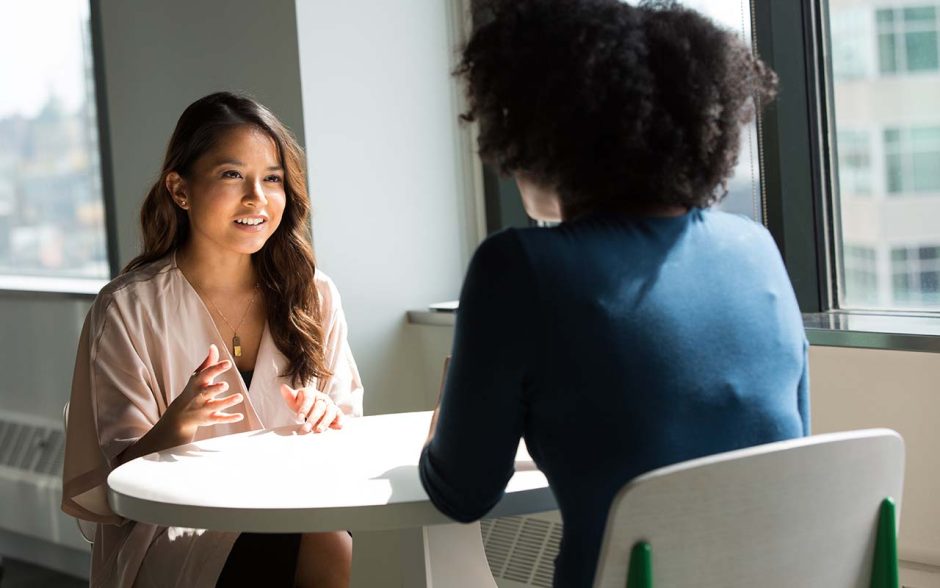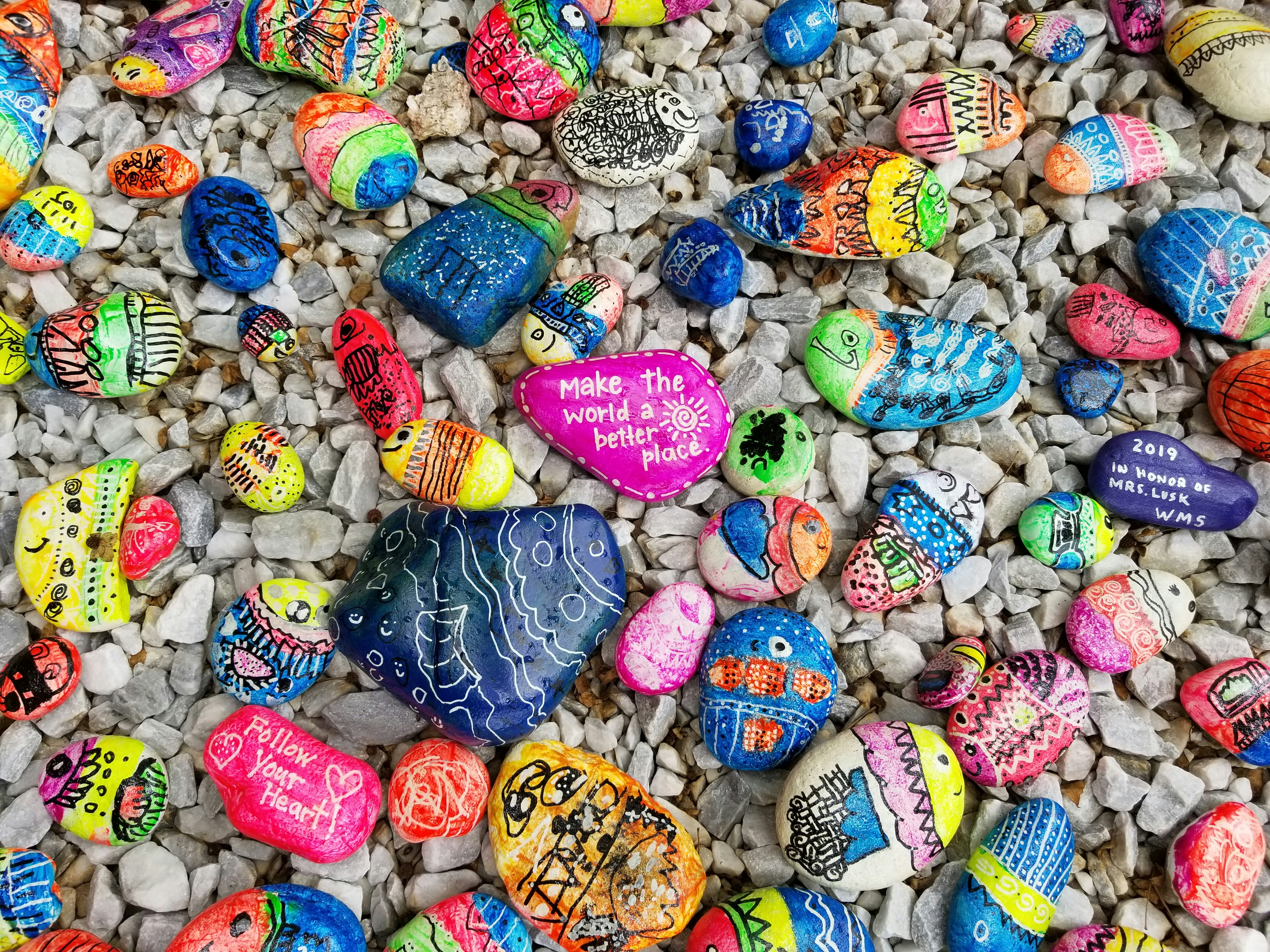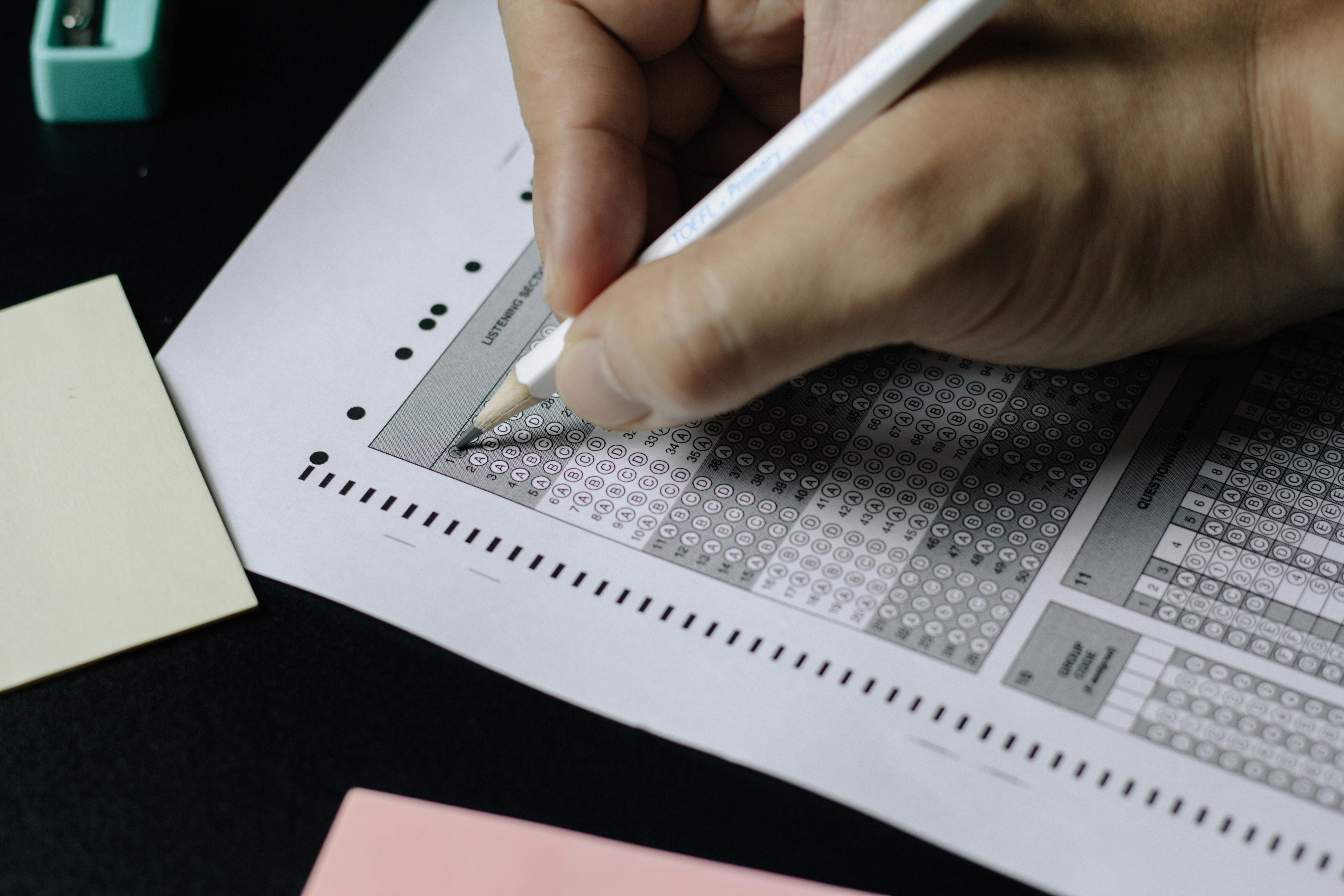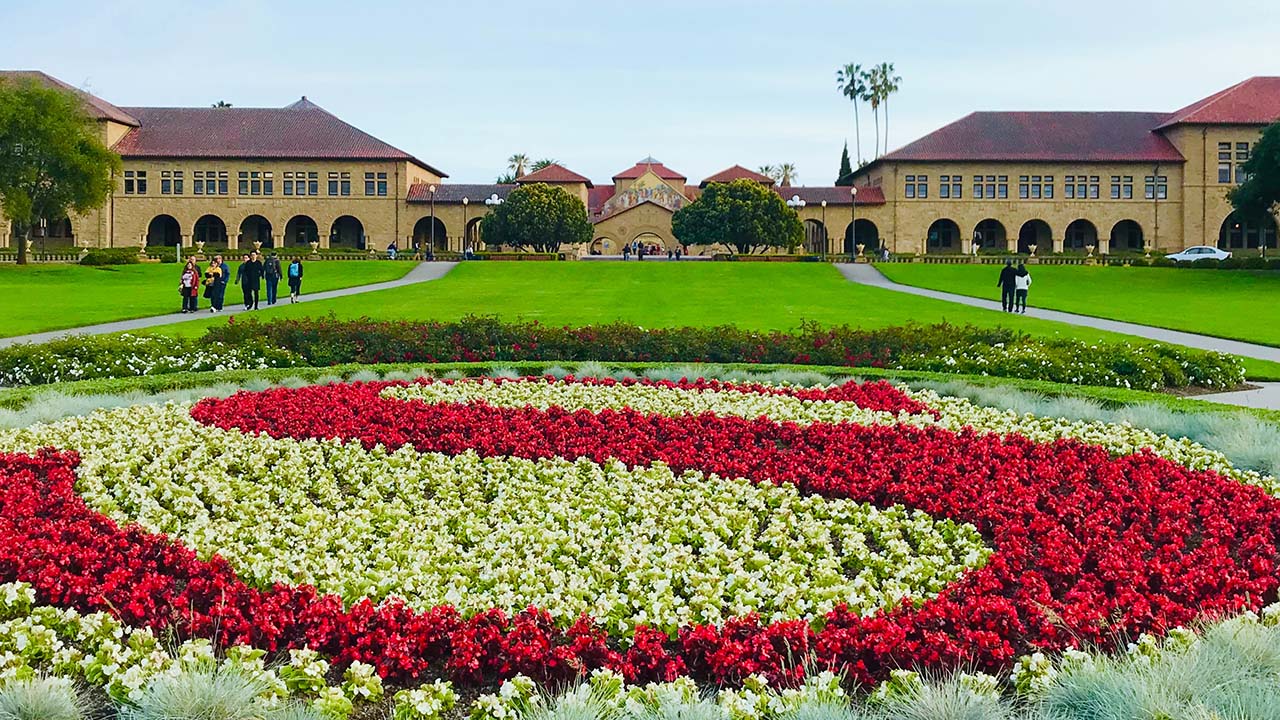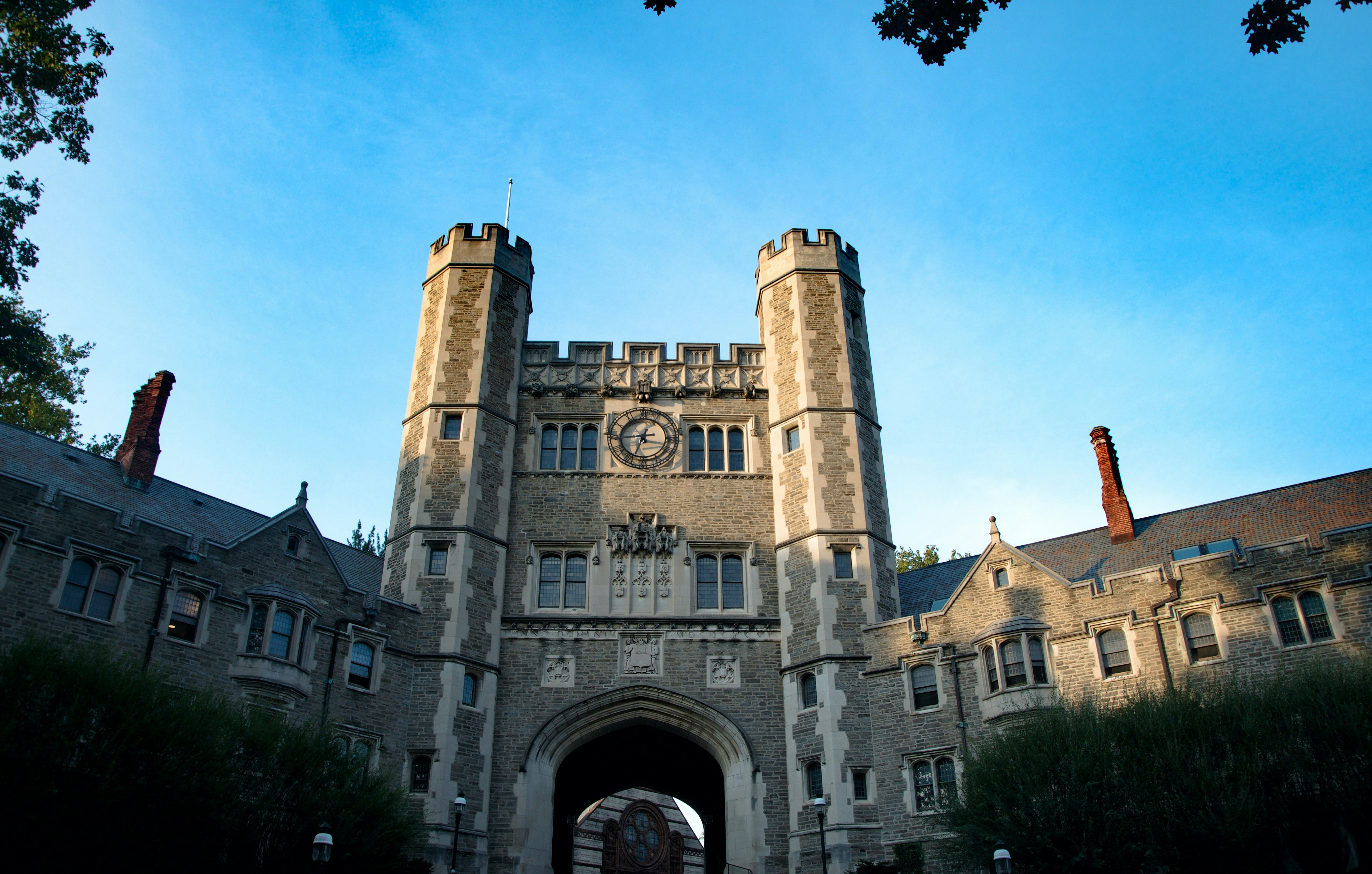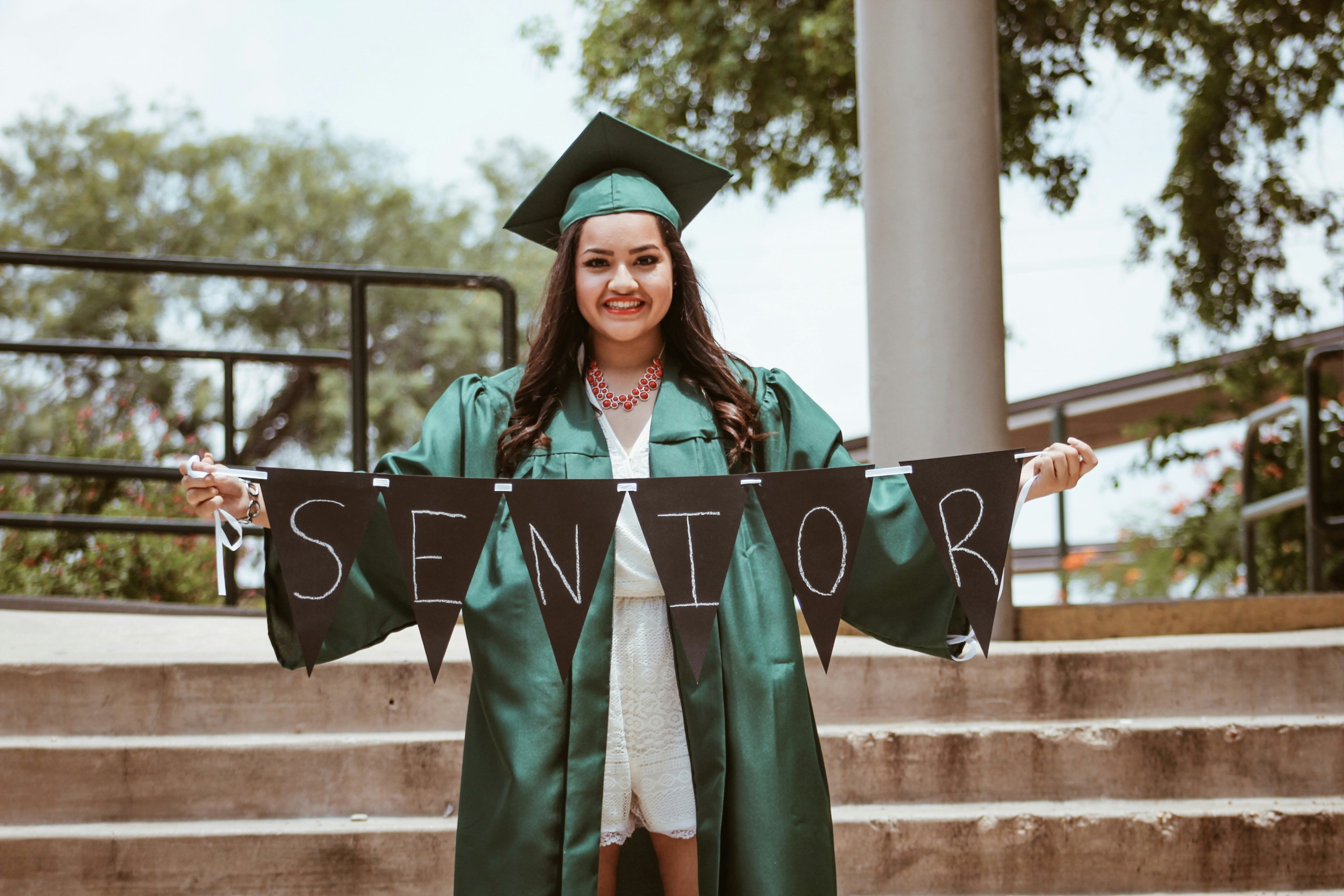The alumni interview is a part of the US college admissions process that Australian high school students often overlook. After all, there are so many factors that admissions officers consider: grades, standardized test scores, references, essays, extracurricular activities, and more. However, the alumni interview is a key opportunity for students to showcase who they are beyond their application on paper, and thus it is important for applicants to understand the interview process in order to put their best foot forward.
In preparation for this article, I sat down with alumni interviewers from Ivy League universities and asked them about what the process is like from their perspective. These interviewers range in experience from a few years to over three decades of interviewing, and have conducted both in-person and online interviews across a variety of geographies. This article will detail the alumni interview from the perspective of the interviewer, providing valuable insights to prospective Australian interviewees.
Alumni interviewers are unpaid volunteers, offering up their time to support the school that they attended. They receive very little information about the interviewee ahead of time – generally just a name and some basic contact information. (This is done on purpose by the admissions department to attempt to remove bias from the interview process.) Going into the discussion, interviewers generally have one goal in mind: get to know the applicant on a personal level and determine if they will be a good fit for the university.
Stylistically, interviewers will vary, but most will be relatively casual. They are human beings as well, and they want to create a comfortable environment for the interviewee. Interviewers are aware that applicants are often nervous, and most interviewers will attempt to create a relaxed setting that settles the student’s nerves. Applicants should match the interviewer’s style: if the interviewer is acting casual, the interviewee should feel free to chat casually as well, as this will help develop a rapport with the interviewer.
Some universities give alums a list of questions they can ask, however this is purely for general guidance – they are not required to go through a set of predefined questions. Many universities do not provide a list of questions at all, and leave the conversation completely up to the alumni interviewer. Alums are generally not trained on how to conduct interviews, as the universities like for each interviewer to have their own style.
With that said, there is a form that interviewers fill out at the end of the conversation. As such, interviewers will naturally ask questions that help them understand applicants well enough so that they can complete this questionnaire. The form varies significantly from university to university. Some universities will ask interviewers to quantitatively rate students across a variety of areas, while others will only ask interviewers to provide qualitative guidance on the applicant. Ultimately, these forms usually ask for information on some combination of the following facets:
- Academic curiosity: is the applicant interested in intellectual pursuits? What drives this curiosity?
Extracurricular passions: why has the student pursued their various extracurricular activities? What have they gained from these activities?
Personal character: what is the student like outside of the classroom and their extracurricular activities? What do they do in their spare time?
Fit for the university: does the applicant seem like they would fit in well at the university?
Therefore, in order to provide feedback across these areas, interviewers will generally ask questions that touch on the above areas. The general consensus among interviewers is that they care much more about the “why” than the “what”.
For example, when discussing academic topics, interviewers generally will not ask about the student’s grades, but more about their interest in academic topics. What is your favorite class? Why? Who is your favorite teacher? What do you like about them? Interviewers want to see a genuine interest in academics, rather than a student going through the motions taking advanced classes and getting good grades purely in order to get accepted into a prominent university.
The same mentality applies to other parts of the discussion as well. For extracurriculars, interviewers generally care less about what exactly students did, and more about their motivations for participating in these activities, and what they gained from these experiences.
Similarly, when asking about personal interests, interviewers are not expecting that students spend their free time curing cancer or reading dense historical biographies (although if that’s their genuine interest, that’s fine!). What the interviewer cares about is understanding the true values and personality traits of the applicant. They like to see a sense of risk taking and curiosity, and above all, they want to sense honesty from the interviewee.
One interviewer I spoke to gave an example she liked of a discussion she had with an applicant. She asked the student about what he liked to do in his spare time. The student talked about trying out improv comedy on a whim. The student had not tried improv before, and did not think he was especially good at it, but he enjoyed giving it a try and meeting new people. The interviewer really liked this example, as it showed a willingness to take risks and try new things. It also showed a sense of humility and honesty – the student did not feel the need to brag about being the best at everything, and was okay with trying something new and not being an immediate master of it.
Interviewers also want to get a sense that the interviewee is a good fit for the university and has done their research on the university. Interviewers often ask about the student’s motivations for applying to this specific university, and they want to see that the applicant really understands the personality of the university and has a reason for wanting to attend beyond purely the university’s academic ranking.
At the end of the interview, the student will have the chance to ask the interviewee questions. Interviewers are less equipped to answer specific questions about the application process, but are a great resource to understand the experiences of past students at that university. Interviewers are volunteering their time to give back to their university, and as such they like talking about the positive experiences they had at the university.
After the interview, the interviewee will fill out the required form and submit it to the university’s admissions office. The admissions team then considers all facets of the application in order to make a decision. While the alumni interview will certainly not be the only factor in a student getting accepted or denied, it is one of the few chances the applicant has in showing his or her true personality beyond what’s on paper in the application. Therefore a good recommendation from the alumni interviewer can be quite important in the admissions office’s decision. Students should prepare for alumni interviews in order to give themselves the best chance of succeeding.

My summary to Australian high school students is to focus on the following:
- Be yourself. A common mistake students make is trying too hard to sell themselves. They often come across as a bulleted resume in conversation form, focusing on their accomplishments rather than their personality. Interviewers often find this style robotic and impersonal, and they struggle to make a genuine connection. Students should not be afraid to show their true colors and talk about their interests and values beyond what’s on their resume.
- Talk about the ‘why’. In discussing a school project, or an extracurricular activity, or a personal hobby, talk about what it is you enjoyed about it. Show a genuine passion for what you did, and what you learned from it.
- Don’t feel the need to be perfect. Talking about failures, being vulnerable, and admitting that you are not perfect brings a sense of humanity to the discussion, and will help you connect with the interviewer. If you pretend that you are completely perfect, the interviewer will see through it and not find you genuine.
- Do your research. Understand the school you are applying to and what makes it unique. Show that you are truly interested in the school and ask questions that are specific to that university. It will show the interviewer that you are a good fit for the university.
- Prepare questions to ask ahead of time. You should have a tailored list of questions to ask the interviewer at the end of the conversation. Questions do not have to be incredibly unique or researched, as long as they are relevant to the university and the interviewee’s experiences. Often the best questions are ones that play up the alum’s positive experiences at the university: What was your favorite class/experience at University X? What did you like most about attending University X? Questions like these put the interviewer in a positive mood.
- Practice. If you can, find someone to give you a mock interview. At the very least, prepare some answers to questions you expect (however, don’t rehearse too hard, as it will be obvious if your answers seem like they are coming from a script).
If Aussie students follow these guidelines, they will be in the best position to connect well with their interviewer and gain admission to the university.
Grey Joyner
Admissions Consultant, Elite Admission

